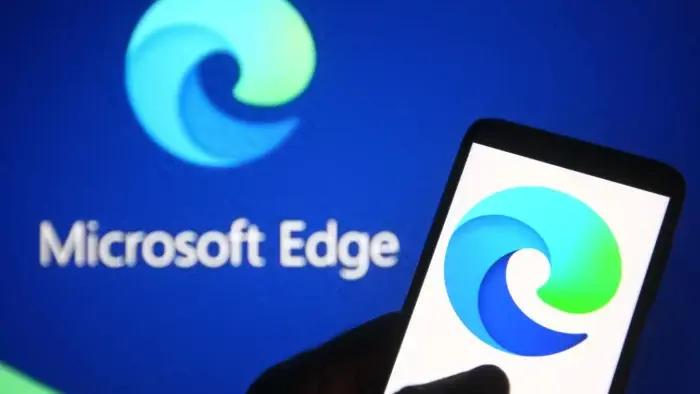Microsoft’s ongoing efforts to enhance its Android version of the Edge browser are gaining momentum with a significant upcoming feature — support for extensions. The latest update to the browser incorporates advancements in Microsoft’s artificial intelligence, Copilot. Enabling the analysis and generation of images directly within the Android version. This follows a recent trend of continuous improvement, positioning Edge for Android as a robust and feature-rich mobile browser.
Edge for Android: The Next Browser with Extensions

A Twitter user identified as @Leopeva64 uncovered the upcoming support for extensions in Edge for Android and shared screenshots of this discovery. The addition of extension support brings Edge for Android in line with its desktop counterpart, making it a standout offering alongside Firefox in the mobile browser landscape. Notably, Chrome, a leading competitor, currently lacks support for extensions in its mobile version.

The availability of extension support in Edge for Android is currently confined to the development version, specifically Edge Canary, which is accessible through the Google Play Store. Users can activate this feature by navigating through a series of steps within the browser’s experimental features menu. It is important to note that Edge Canary itself is a developmental version, and the activation of experimental features may impact the browser‘s stability.

To enable extension support in Edge Canary, users can follow these steps:
- Access Edge Canary (starting with version 123).
- In the address bar, type edge://flags and press “Go.”
- In the search bar, enter “Extensions” and activate the “Android Extension” option.
- Restart the browser to apply the changes.
However, users should exercise caution as experimental features may influence the browser’s performance. Despite enabling extension support, it does not guarantee immediate access to extensions for all users. The activation of this feature revealed a new button for Extensions in the Edge settings menu for some users. Offering access to a list of available extensions such as uBlock Origin, Dark Reader, and Global Speed.
While the development version of Edge is expected to reach all users in March, the exact release date for extension support in the Android version remains unconfirmed. The presence of these advancements in the Canary version suggests an imminent release, offering users an enhanced browsing experience. It is worth mentioning that Firefox recently introduced support for over 400 extensions in its Android version. Raising questions about whether Chrome will follow suit in embracing this trend.
In conclusion, Microsoft Edge for Android is poised to outpace its competitors by introducing extension support. A feature not yet available in Chrome’s mobile version. The ongoing improvements, coupled with the integration of artificial intelligence capabilities, position Edge for Android as a promising and innovative choice for users seeking a comprehensive mobile browsing experience. As the development version progresses towards a broader release, the inclusion of extensions is anticipated to further elevate Edge’s standing in the competitive mobile browser market. Users can look forward to experiencing an enriched browsing environment with the upcoming extension support in Edge for Android.




